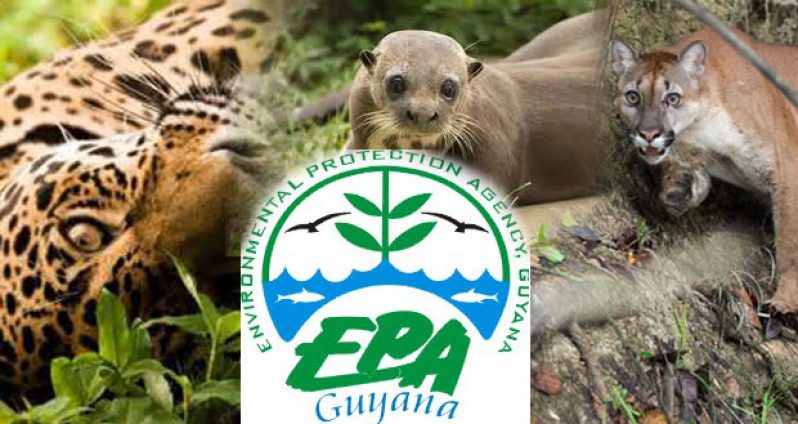Nature camping is a great recreational activity to spend valuable time with friends and family. After a long school term or months of work, leaving typical cares behind and getting in touch with the natural environment can be a well deserved retreat. The cool stillness of the air, sounds of birds, scenic streams, lush greenery of mountains, plains or towering forest, all provide the perfect soothing effect. We are welcomed by nature with open arms; she holds back nothing. However, human nature sometimes seems to get the better of us and we forget to ‘take only pictures and leave only footprints.’
Before you plan your next nature camp, here are a few tips to consider:
- Seek requisite permission for the use of camping area of interest. Camp only at designated areas and never wander off from your camping group.
- Avoid contact with wild animals; do not touch, pet, feed or hunt wild animals. You may enjoy watching at them from a safe distance.
- Always keep food securely stored to avoid attracting wild animals.
- If by any chance you are approached by a wild cat, e.g. Jaguar or Puma, or other large wild animal, always maintain eye contact with the animal and slowly back away to a safe distance.
- Leave all wildlife intact; do not collect any specimen because it may be rare, or harmful.
- Avoid camping very close to water ways such as creeks, rivers and streams, so as to prevent soil erosion and disruption of delicate species.
- Keep noise to a minimum to avoid disturbing animals and other campers that may be nearby.
- Always carry clean boots, clothes, tents and other camping gear to camping sites to prevent the transfer of foreign species to new areas.
- Only build fires in established circles and do not burn plastics, food packaging or metals. Always keep fires at a manageable size and never leave camp fires unattended. Ensure that all fires are extinguished before you leave your campsite.

- Help prevent pollution by disposing garbage, and foreign substances properly. Never throw any waste into water ways, or on camping ground. Dispose of garbage in designated containers or take with you when you leave the campsite.Whenever possible, pack reusable dishes for cookouts and use biodegradable dish washing liquid for wash up.
Plan a camping trip during this August holiday or simply take a weekend to rejuvenate and reconnect with nature.
Share your ideas and questions by sending letters to: “Our Earth, Our Environment”, C/O EIT Division, Environmental Protection Agency, Ganges Street, Sophia, GEORGETOWN, or email us at: eit.epaguyana@gmail.com.




.jpg)










